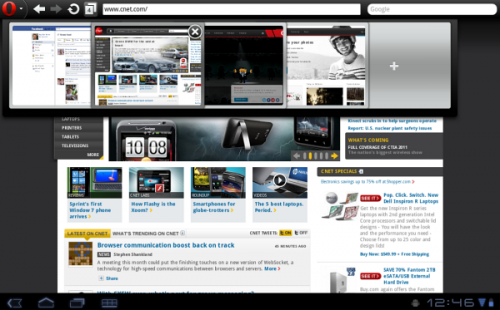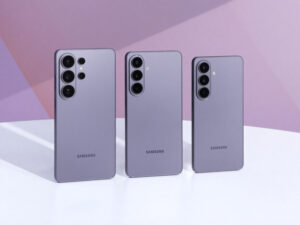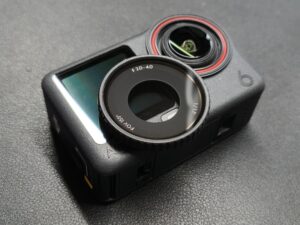The dust has barely settled from Internet Explorer 9 (IE9) and Firefox 4, and we’re getting news of a new effort by Opera aimed at breaking into the smartphone tablet market.
Although the browser by a small Norwegian software company is a solid piece of work, it has failed to gain significant market share despite having been around for longer than Chrome.
Instead, Opera has made headways into mobile phones with Opera Mini, a lightweight browser that runs great on older phones, and Opera Mobile, a more full-featured mobile browser. Because the browser compresses websites on its servers before sending the web page to your mobile phone, you can potentially shave off a large part of your mobile phone bill, if you are not on a data plan with a generous usage capacity.
Capitalising on its mobile success, Opera has just released new versions of its mobile browsers, including a new tablet version. CNET managed to get their hands on a preview build running on a Motorola Xoom (that is awesome on so many levels and we’re jealous!) and it looks really good. Opera Mobile 11 even supports Windows 7, which means if you’ve got a Windows 7 tablet, you now have a touch-friendly browser to add to your arsenal.
On top of that, Opera has unveiled the latest version of its embeddable Web browser engine, Opera Devices 3.0, for televisions. The new version boasts up to 10 times in performance and compliance with HTML5 standards, and there will be a software development kit (SDK) to take advantage of it.
With these new browsers, it seems as if Opera is finally conceding the desktop browser market to the giants that are Microsoft and Google and focusing their efforts on alternative platforms. Internet-connected TVs, in particular, are an emerging platform, and could prove to be lucrative further down the road.





